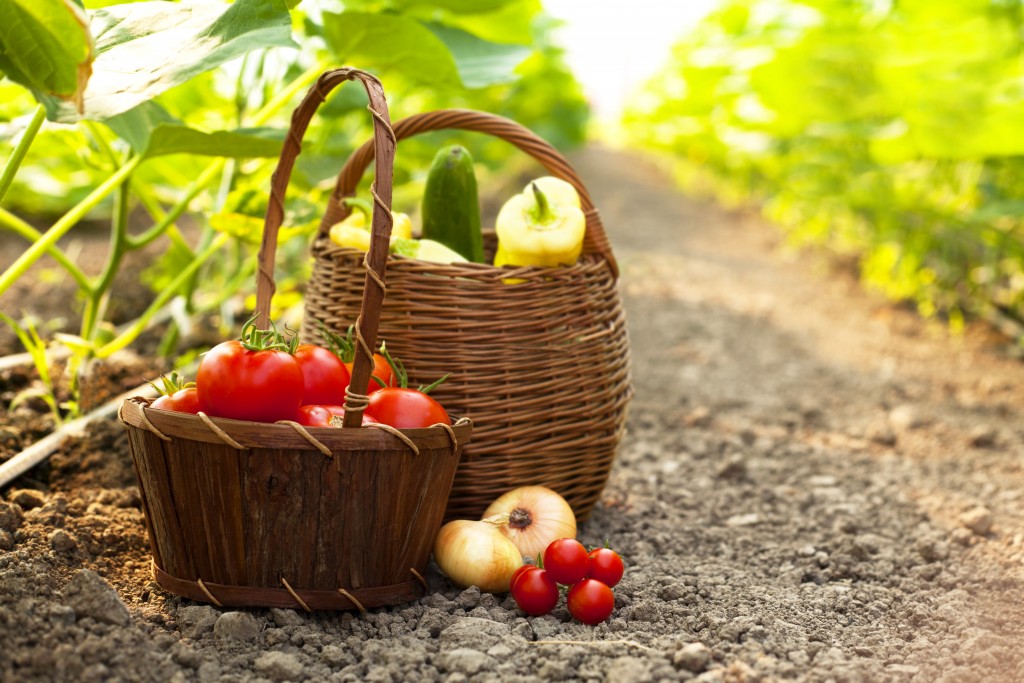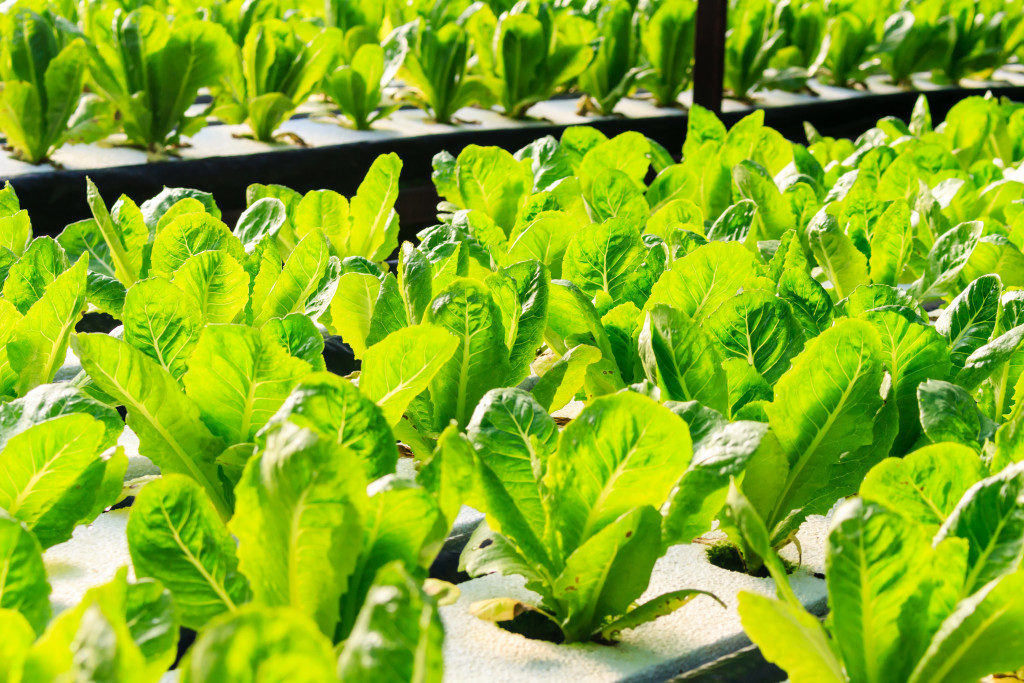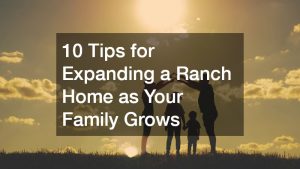People need to understand that the resources that the world gives us are finite. This is why our parents always tell us to conserve food, energy, and water. You can never tell when a natural disaster can strike. Massive drought could affect your water supply, and a domino effect could start from there. Things such as sanitation and food production both rely heavily on water for them to be effective. So if this resource is lacking, it will affect people’s health and trigger food scarcity.
If you want to make the world a better place, you can do your part by spreading awareness about how we should manage our natural resources better. You can talk to friends and family about how caring for trees in Cottonwood Heights can help prevent flooding and also reduce the amount of pollution in the air. They can then share it with their own circles of friends. Involving more people can hasten the improvement of our natural environments. When that happens, we can then turn our focus on consuming more renewable resources instead of the ones that rely on fossil fuel.
At home, you can help yourself become self-sustainable. There are vegetables that are fairly easy to grow. These do not require much space and effort. If you are diligent enough to care for them, like watering them regularly and giving them enough sunlight, you can reap the harvest later on. The great thing about this is that you will basically get free and healthy food. There will be no need for you to visit the grocery store; you will just need a quick trip to your garden.
Tomatoes

Although there is still that ongoing debate on whether tomatoes are a fruit or vegetable, there is no doubt on the fact that they are quite easy to grow. For starters, your soil should be deep enough to allow for a tomato plant’s roots to grow. Then from there, just care for it as you would a regular plant. After 50 days or so, you should be able to harvest. The tangy taste and juicy inside of tomatoes make them great for making soups or sauces. They are a great source of lycopene, an antioxidant that is believed to combat cancer and lower the risk of heart disease.
Basil
This only does not require much space or soil, so you can get away with planting them in a small pot. You can reap your efforts in around 60 days. It can be great for adding savoriness and aroma to a dish. This herb is a good source of potassium, which can help regulate and calm down the nerves and muscles.
Carrots
Be the envy of rabbits by planting some carrots in your backyard. As they are a root vegetable, deep soil is a requirement if you want to grow them. Fully matured ones can be harvested after 75 days. They are great to eat by themselves and pack a great crunch and subtle sweet taste. Carrots are abundant in vitamin A, which makes them good for the eyes.
Bean Sprouts
The mung bean is commonly found in Asian countries. It can be planted in shallow soil. Bean sprouts taste best when grown under shade. It takes only three days before you can harvest them. They are a staple of stir-fried dishes and have a slightly nutty flavor to them. They are low in calories and rich in protein. So if you like to build some muscle while watching your weight, try to incorporate them into your diet.
There is nothing better than having a garden full of tasty treats. There is a great sense of freedom knowing that you will not starve even if you don’t make that trip to the supermarket.





